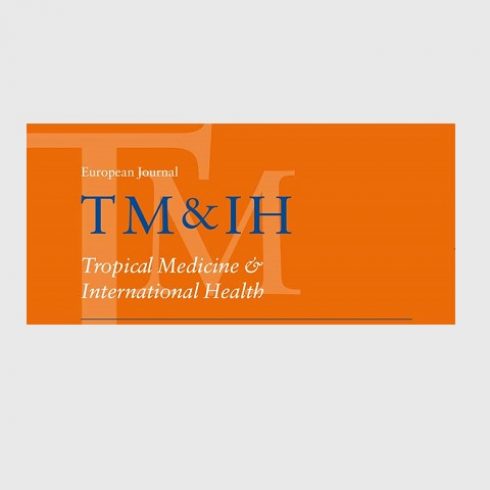Applying medical anthropology in the control of infectious disease
Lenore Manderson
Tropical Medicine & International Health 2002

Abstract
This paper focuses on two roles of anthropology in the control of infectious disease. The first is in identifying and describing concerns and understandings of disease, including local knowledge of cause and treatment relevant to disease control. The second is in translating these local concerns into appropriate health interventions, for example, by providing information to be incorporated in education and communication strategies for disease control. Problems arise in control programmes with competing knowledge and value systems. Anthropology’s role conventionally has been in the translation of local concepts of illness and treatment, and the adaptation of biomedical knowledge to fit local aetiologies. Medical anthropology plays an important role in examining the local context of disease diagnosis, treatment and prevention, and the structural as well as conceptual barriers to improved health status. National (and international) public health goals which respect local priorities are uncommon, and generic health goals rarely coincide with specific country and community needs. The success of interventions and control programmes is moderated by local priorities and conditions, and sustainable interventions need to acknowledge and address country-specific social, economic and political circumstances.
 Share
Share






Commentary
The latest commentary on the use of antimicrobials in society.
The Third Man: How are we entwined with...
A film event and panel discussion for World Antibiotics Awareness Week 2017
Anti-biosis? – Social and Cultural Inquiries into Human-Microbe...
Two of us from the AMIS Programme Team (Clare Chandler and Komatra Chuengsatiansup) are acting as associate editors for Palgrave...
Fresh Perspectives
Antimicrobials are central to many contemporary forms of care and production for humans, animals, plants and even objects – clothing,...